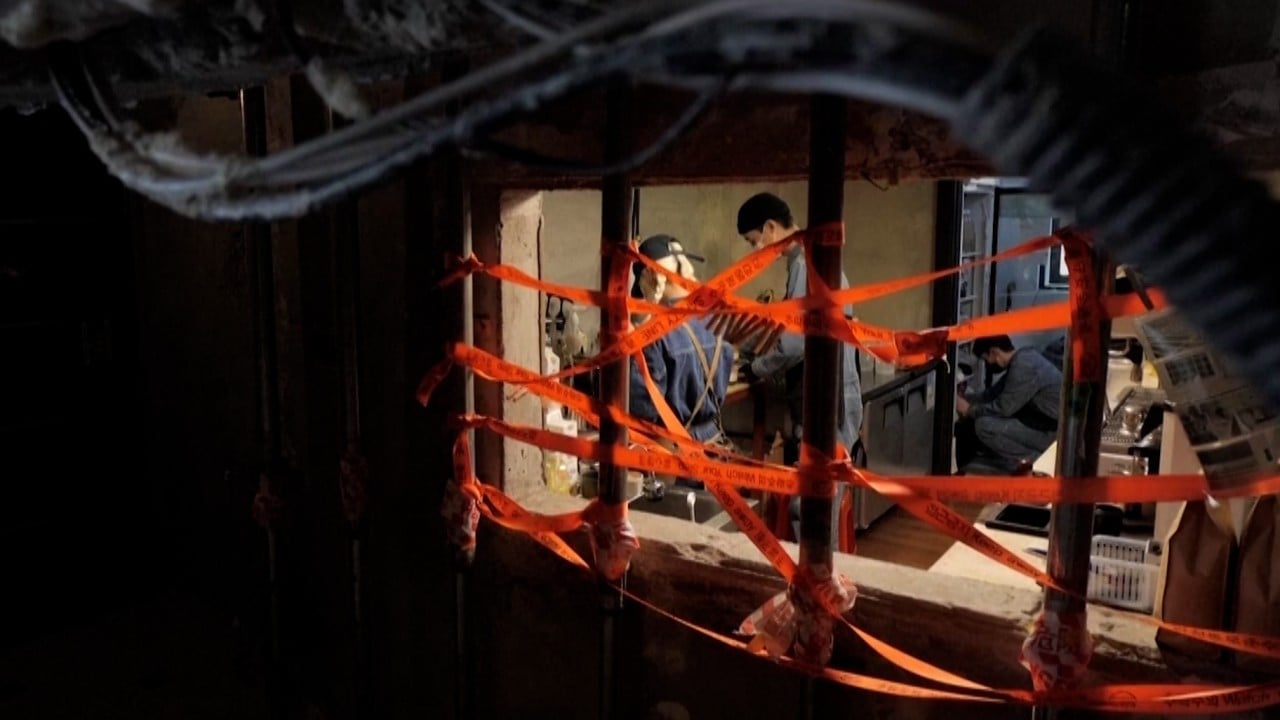Starbucks opens first animal-friendly outlet in South Korea amid rise of pet-owning population
Certain canine species that are categorised under dangerous breeds by the country’s Animal Protection Act, including mastiffs, pit bull terriers and rottweilers, are banned from the store. So are pets that are not immunised.
“I have been here since this morning and we’ve seen visitors keep coming,” an official from the company said on Friday afternoon. “There are still patrons waiting outside to enter.”
Starbucks Korea CEO Sohn Jeong-hyun said he launched the store after coming across consistent demands from consumers to introduce a Starbucks store where they can bring their pets.
Last year, his company acquired an approval from the Ministry of Trade, Industry and Energy to test the new store under the authority’s regulatory sandbox policy. It allowed the company to run the store for two years despite the country’s food safety law that bans patrons from eating at restaurants or cafes with animals.
“We will keep expanding our franchise to cater to consumers’ diverse lifestyles so that we can create spaces to satisfy visitors with not just pets but with their special someones,” Sohn said.
On Thursday, Sohn met the president of Happy Animal Companion, a local pro-animal activists’ group, at the store and presented her a charity donation of 100 million won (HK$600,000). It was part of the campaign jointly launched by the two parties last November to promote the protection and adoption of stray animals.
Starbucks’ ‘secret menu’ item gets cult status in South Korea
Starbucks Korea’s pet business comes at a time when the pet-raising population in the country has been on a steady rise. According to a survey by the Ministry of Agriculture, Food and Rural Affairs, pet-owning households accounted for more than 25 per cent of the country’s homes in 2022.
The pet-related market in the country was found to have reached a record of more than three trillion won in 2022 and is expected to have grown to 3.25 trillion won in 2023.
But there are concerns that pets allowed in the cafe might cause unforeseen troubles. There have been cases in the country’s pet-friendly stores that visitors feed animals random snacks that could be health hazards.
In other cases, the pets’ unexpected behaviour have developed into conflicts between patrons.
“We have arranged the place so that pet owners don’t share the same space with those without pets,” the Starbucks official said. “We will see how things go from now on. If anything happens, we will adjust the environment as requested by our patrons.”

